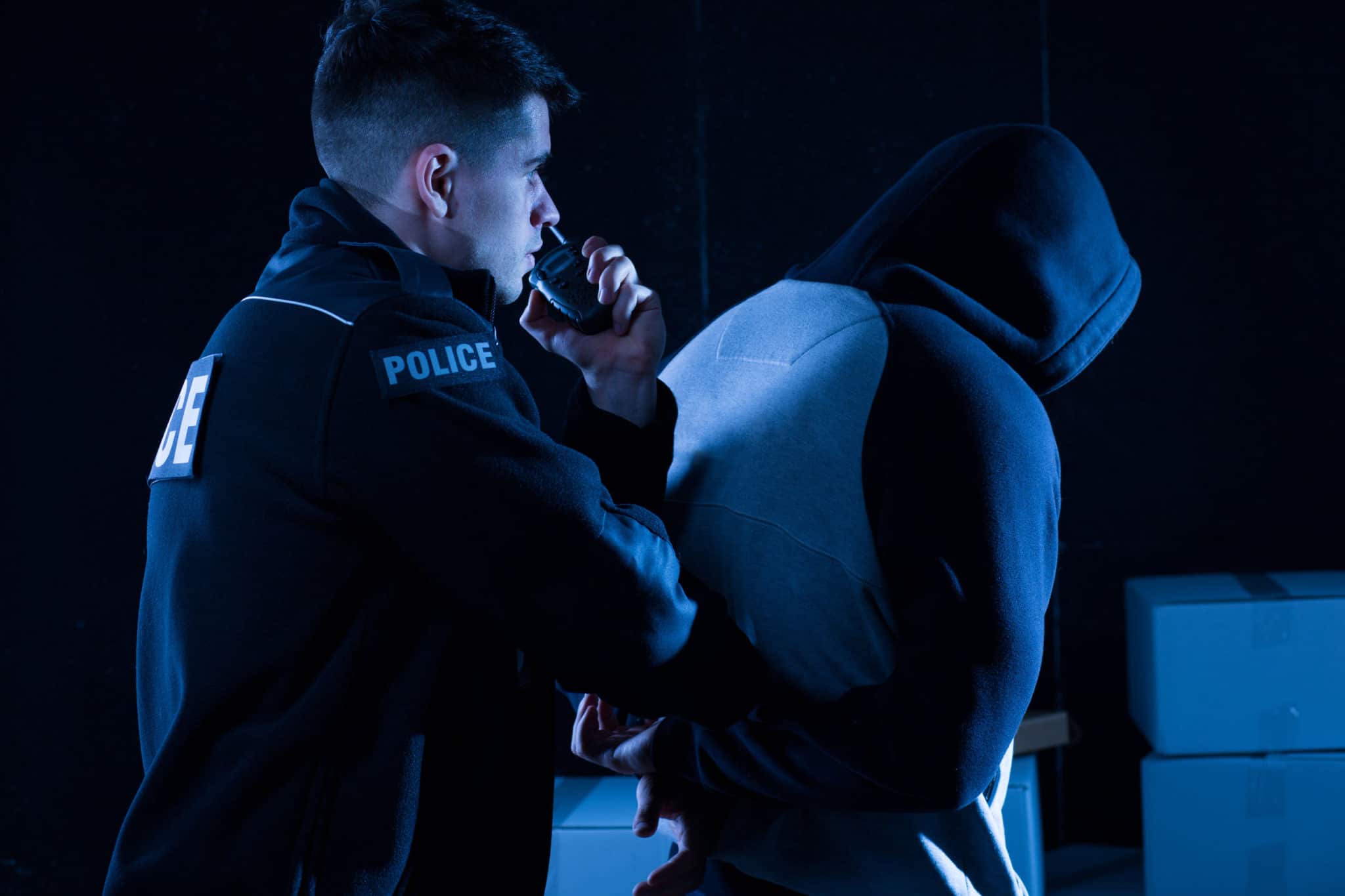- Free Consultation 24/7: (773) 908-9811 Tap Here To Call Us
What Happens If You Aren’t Read Your Miranda Rights in IL?

It’s a common trope in crime TV: someone is arrested and they’re told they have the right to remain silent, among other things.
This is what most people think of when they hear the term “Miranda Rights,” and these rights are legally guaranteed to all US citizens should they be arrested. There’s more to your Miranda rights than simply not having to speak, though.
These rights are an integral part of keeping the justice system fair, impartial, and unbiased. Law enforcement officers are required to inform you of them when you’re taken into custody, but that doesn’t always happen.
Understanding your Miranda rights can save you from an illegal conviction, so it’s important to know what they are.
Purpose of the Miranda Warning
Every US citizen has certain rights afforded by the Constitution. In particular, the Fifth and Sixth Amendments protect people from unfair convictions.
The Fifth Amendment gives people the right to freedom from forced self-incrimination. That means that it’s illegal to force people to confess to a crime. Meanwhile, the Sixth Amendment guarantees a lawyer to every person accused of a crime.
Miranda v. Arizona Wasn’t the First Case
In 1966, the case Miranda v. Arizona made it to the Supreme Court. You probably didn’t know this, but it was a case right here in Illinois (Escobedo v. Illinois) just two years prior that helped win the case.
The defendant’s case was built on a decision made during, Ernesto Miranda was convicted of a charge based on his own confession during an intense police interrogation. We know today, interrogation tactics can sometimes lead to confession – and when they do, the self-incrimination simply can’t be trusted.
After hearing Illinois verdict as a part of the defense, the AZ judge decided that every citizen taken into custody has a right to hear their protections afforded by the constitution. This chain of events is what led to the creation of the Miranda warning we know so well today.
What Illinois Citizens Should Know about the Miranda Warning

In short, these rights guarantee two things. First, when you’re under arrest or being interrogated, you are legally allowed to stay silent. Second, you are guaranteed legal representation by the Constitution.
First, the Full Miranda Warning
When being read, however, the full Miranda warning needs to include each of the following elements:
- You have the right to remain silent.
- Anything you say can be used against you in court.
- You have the right to talk to a lawyer for advice before we ask you any questions.
- You have the right to have a lawyer with you during questioning.
- If you cannot afford a lawyer, one may be appointed for you before any questioning.
- If you decide to answer questions now without a lawyer present, you have the right to stop answering at any time.
No matter what, law enforcement officials cannot force you to say anything about a potential crime. However, if you do say something, it can be legally used as evidence against you.
Second, Your Guaranteed Legal Counsel
The attorney you wish to represent you is allowed to be with you during any interrogation. This is to help you navigate the legal system more easily and prevent you from giving up any of your rights.
The Goal, You Understand Your Rights Before Speaking
There are minor variations in how different districts phrase the exact warning, but the intent is the same. The goal is that the rights are stated in a clear, easily understandable way.
Note, for people who have a different first language than English, the Miranda warning must be translated into a language they choose.
When Should Your Miranda Rights Be Read in Illinois?
The key word when it comes to your Miranda rights is “custody.” You are considered in legal custody when you’re officially deprived of your freedom.
That means that when you’re placed under arrest, you’re officially in custody, and it’s now mandatory that law enforcement read your rights.
Simply being temporarily detained is not enough. You need to be officially under arrest. Prior to your arrest, you are still protected by the rights guaranteed by the Constitution. However, it’s not legally required that you be informed of them.
For this reason, we always recommend in any case involving the police, your first call is to your attorney.
What to Do When an Illinois Cop Doesn’t Read You Your Rights
The Miranda Warning is very important for the prosecution. If you are arrested and not read your Miranda rights, then — Thanks to Miranda v. Illinois, anything you say while under arrest is inadmissible as evidence.
If you are not read your rights, don’t say anything. The right to remain silent is in effect whether law enforcement tells you or not.
Once you have the option, your first step needs to be getting good legal representation. Here’s why: You have legally been denied constitutional rights, and you’re in legal danger.

Worth Repeating: Even when you are not read your Miranda rights, they still apply.
An experienced attorney can help you navigate the complex situation you’re now in. They can also help you avoid incriminating yourself and provide the legal representation you deserve.
About the Author: Andrew M. Weisberg is a former felony prosecutor who now serves as a defense attorney in the greater Chicago area. He has extensive experience in handling all types of criminal cases, from sex offenses and domestic violence to retail theft-related crimes, murder, and drug crimes.




















